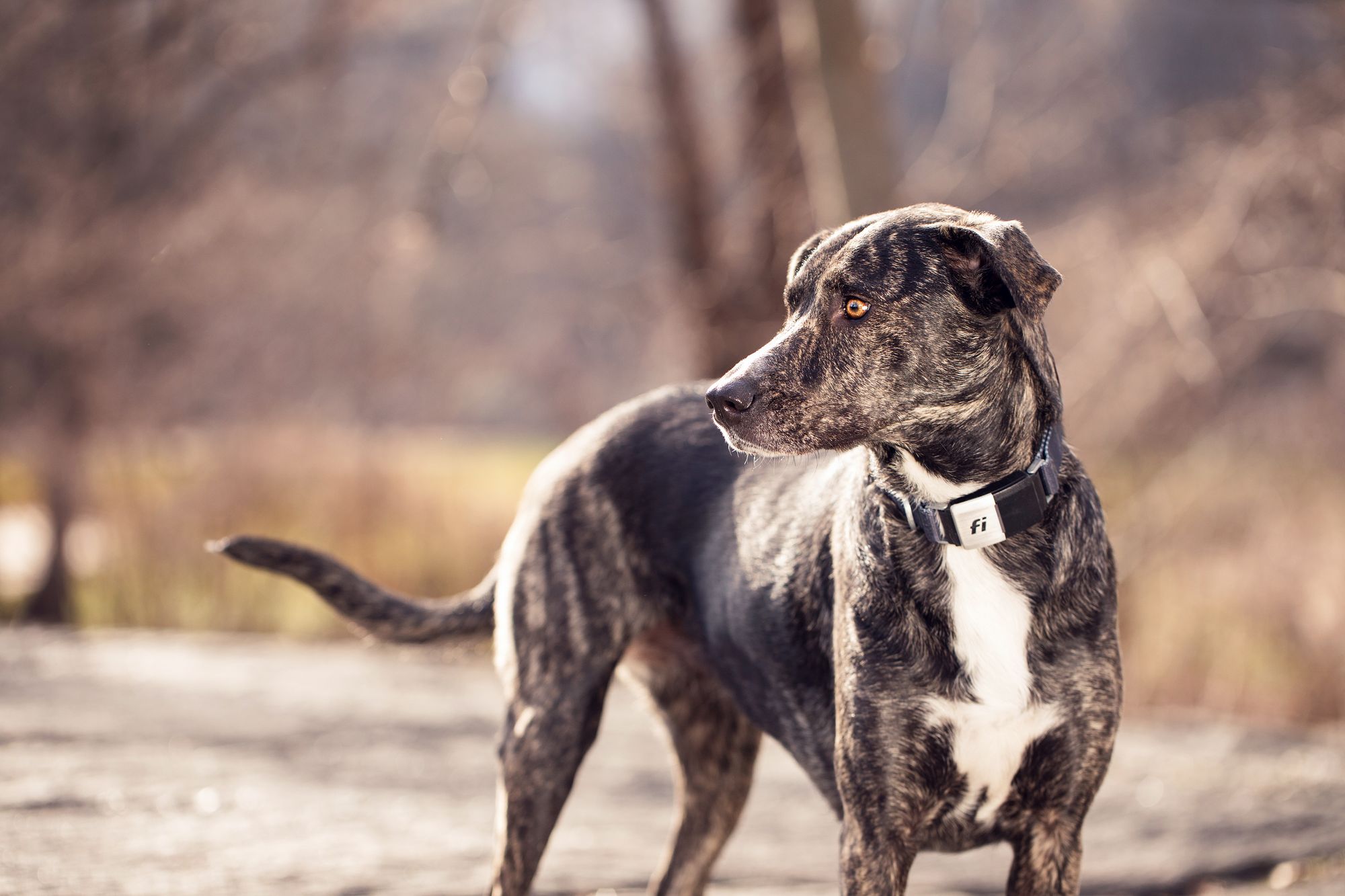I’ve had both purebreds and mutts, and as someone with experience in both arenas, I can say confidently that when it comes down to it, a dog is a dog, and I just love a dog.
As far as purebreds go, the main thing to know is that they’re predictable. From behavior, personality, looks, you generally know what to expect when getting a purebred dog. It’s important to do the research on the breed in advance, if you haven’t already owned a dog of that breed before. You want to be prepared for the potential health risks, personality traits, likes and dislikes, etc.

Purebreds have a clear gene line, which can be both good and bad. For example, hip or elbow dysplasia might exist in the gene line and is likely to develop in all generations of the breed. That’s because it’s so deeply entrenched in the gene pool, there's a good chance the offspring (your new dog) will have similar issues. There are books on the genetic predispositions of breeds, should you want to educate yourself in advance of moving forward with specific breeds, and decide for yourself if you’re capable of handling specific health concerns.
Some of the specific issues with pure breeds include:
- Shar Peis and skin infections
- Westies and Wheatons and skin allergies
- Cocker spaniels and ear issues
- Bulldogs/Frenchies and breathing problems
- Larger breeds will often develop arthritis and/or knee cap diseases
- Small purebreds often have dental problems as they age
If you’re an enthusiast of a certain breed, you’ll likely want your family dogs throughout your life to be of that same breed. Folks might get a specific breed without much thought, then fall in love with that breed. French bulldogs - so many of my clients want to continue to get Frenchies now that they’ve had one. For me, it will always be a Lab. I got my first Labrador in 1972, and I’ve had labs ever since. It’s true that you can fall in love with a breed.
But I also have mutts, and boy are they hearty. If you want a lot of a breed but don't want all of a breed, mixed breeds are a great choice.

Mixed breeds are becoming more and more popular. With them, there is more inconsistency and less predictability, but that’s not necessarily a bad thing. There are so many new mixed breeds, especially the planned crosses. These are the dogs that are often mixed with poodles (which are really great dogs). I call them the ‘poos’ - the havapoo, cavapoo, bernapoo, etc. There are also the doodles - the bernedoodles, the golden doodles, the mini doodle! The combinations are endless. The benefit of these dogs is that they are largely hypoallergenic (or low allergenic), and that’s a plus for a lot of folks who love dogs but need to be mindful of their own health.
There are mixed breeds that weren’t bred as intentionally - which are often just as great. Many of these dogs end up in shelters, which makes them affordable to adopt. They are so cute, and the nice thing about it is they will get traits that are the best bits and pieces of all the crosses. They’re gene hardier, so if something is wrong in the gene pool of one of the breeds they fall under, that gene will often be filtered out. Most importantly, when you get a dog from a shelter, you’re opting to save a life.
There are pros and cons to both. You can’t go wrong, you’re getting a dog! It all depends on what you’re looking for, but the dog will fill your heart no matter what.

